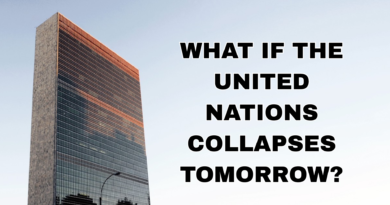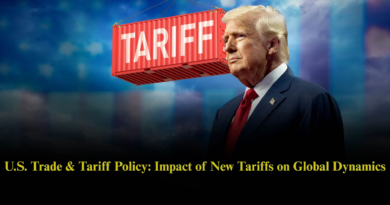THE CITY WITH THE HIGHEST “STAYING POWER” IN THE WORLD
Taipei, the vibrant capital of Taiwan, has once again captured global attention this time for its exceptional “staying power.” According to a recent survey conducted by U.S.based design and architecture firm Gensler, Taipei has secured the top spot among international cities recognized for their ability to retain talent, attract repeat visitors, and foster long-term engagement from both residents and expatriates.
The survey’s findings shed light on why Taipei has become a magnet for people seeking not only opportunity but also a sustainable, enjoyable lifestyle. In an era where many cities struggle with population turnover, rising living costs, and a loss of cultural identity, Taipei’s model offers valuable lessons in urban resilience.
What Does “Staying Power” Mean?
In Gensler’s context, “staying power” refers to a city’s capacity to maintain the interest and loyalty of its inhabitants, businesses, and visitors over time. It measures how effectively a city balances quality of life, economic opportunity, infrastructure, and cultural vibrancy. This involves:
Economic Stability Strong local industries, entrepreneurial opportunities, and an adaptable job market.
Cultural Richness A thriving arts scene, diverse entertainment, and preservation of traditions.
Urban Livability Efficient transport, affordable housing, green spaces, and low crime rates.
Social Inclusivity Welcoming communities, multicultural integration, and policies supporting all demographics.
Taipei scored highly across all these factors, placing it above global competitors like Tokyo, Singapore, and Copenhagen.
Why Taipei Stands Out
1. A Balanced Cost of Living
Unlike some other Asian megacities, Taipei manages to provide modern amenities and infrastructure without pricing out its residents. While the cost of living has increased in recent years, it remains relatively affordable compared to cities such as Hong Kong or Singapore. Affordable street food, accessible healthcare, and efficient public transit help maintain quality of life for a wide range of income levels.
2. Strong Public Transportation Network
Taipei’s Mass Rapid Transit (MRT) system is consistently praised for its cleanliness, reliability, and accessibility. Well-integrated buses, bike-sharing programs, and pedestrian-friendly streets ensure that residents and tourists can navigate the city easily without relying on private cars.
3. Safety and Community Spirit
Taipei is recognized as one of the safest cities in Asia. Low crime rates, friendly locals, and a deep-rooted sense of community make it easy for newcomers to feel at home. This sense of safety also encourages long-term settlement for families and professionals.
4. Cultural and Culinary Excellence
From bustling night markets like Shilin to world-class museums such as the National Palace Museum, Taipei is rich in cultural experiences. The city’s food culture a blend of traditional Taiwanese, Chinese, and international flavors is a major draw for both locals and repeat visitors.
5. Sustainability Initiatives
Taipei has invested heavily in green initiatives, including widespread recycling programs, renewable energy projects, and urban parks. The city’s environmental policies appeal to younger generations and environmentally conscious travelers who prioritize eco-friendly destinations.
A Hub for Innovation and Business
Beyond its lifestyle appeal, Taipei is increasingly being recognized as a hub for technology and start-ups. The city is home to a thriving tech industry, with global players and innovative start-ups contributing to steady job growth. The Taiwanese government’s business-friendly policies, combined with access to skilled talent, make Taipei an attractive choice for companies looking for a long-term base in Asia.
Global Recognition and Impact
The Gensler survey’s recognition of Taipei’s staying power is not just a symbolic win. It has the potential to boost tourism, attract international investment, and encourage cultural exchange. In a competitive global economy, a city’s reputation can directly influence its economic trajectory.
For Taipei, this accolade reinforces its image as a city that blends modern progress with cultural authenticity a rare combination that appeals to people from diverse backgrounds.
Looking Ahead
Taipei’s challenge now is to maintain this momentum. Rapid urban growth can strain resources and infrastructure if not managed carefully. Experts suggest that continued investment in public housing, climate resilience, and cultural preservation will be essential to sustaining its top ranking in the years ahead.
However, if Taipei continues on its current path, it may serve as a global model for how cities can achieve a harmonious balance between progress and preservation, attracting not only short-term visitors but also lifelong residents.




